The incumbent government of Iran has applied active diplomacy in dealing with the countries. The officials have prioritized the neighborhood policy to speed up diplomatic relations.

On June 16, 2022, Iranian Foreign Minister Hossein Amirabdollahian in a telephone conversation with his Iraqi counterpart Fuad Hussein exchanged views on a couple of issues including the Arbaeen – as one of the sacred subjects among Muslims in the world.
During the talks, Iran’s Foreign Minister referred to the Iraqi minister's recent visit to Tehran and the agreements made on the ground on the pilgrimage of Iranian pilgrims in the near future, including during Arbaeen rituals, terming it as significant and expressing hope that the reopening of ground borders to be speeded up.
Hussein, for his part, stressed Iraq's readiness to implement agreements on the reopening of land borders for the pilgrims, including during Arbaeen.
Iraqi land borders have been closed due to the outbreak of COVID-19 for the past two years.
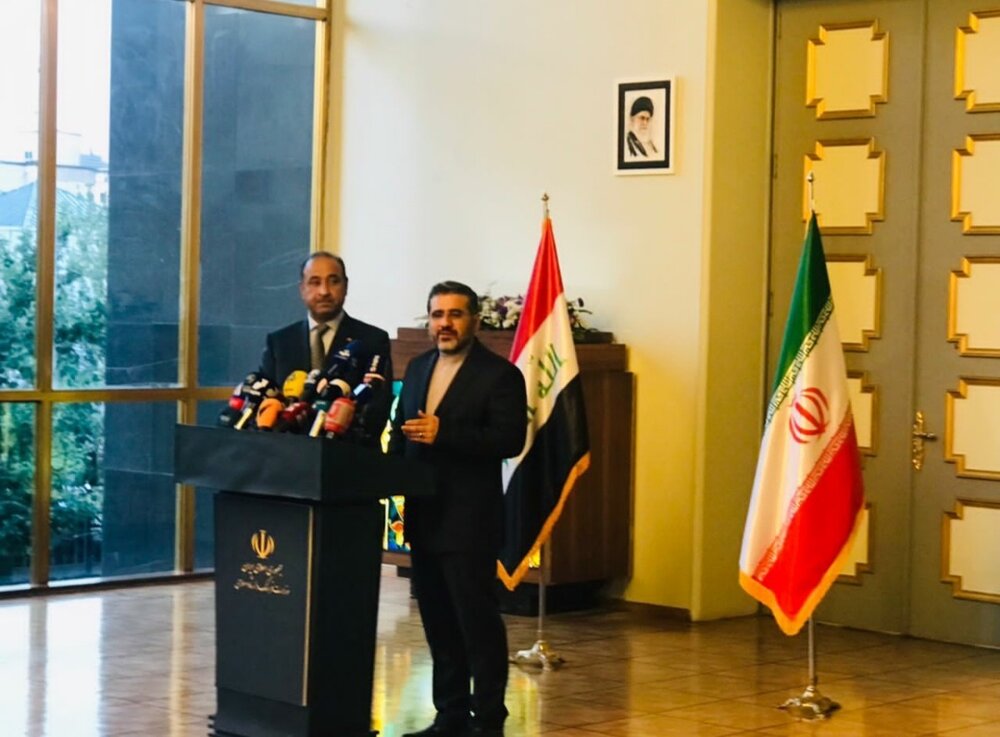
Also in June 2022, the Culture ministers of Iran and Iraq in a bilateral meeting in Tehran emphasized the need to broaden comprehensive interactions in the cultural, artistic, and religious fields.
Referring to the previous talks with the Iraqi culture minister, Mohammad Mehdi Esmaili said that the MOU that is going to be signed aimed a facilitate to a greater extent the Iranian pilgrims of Imam Hossein (AS) in Arbaeen rituals.
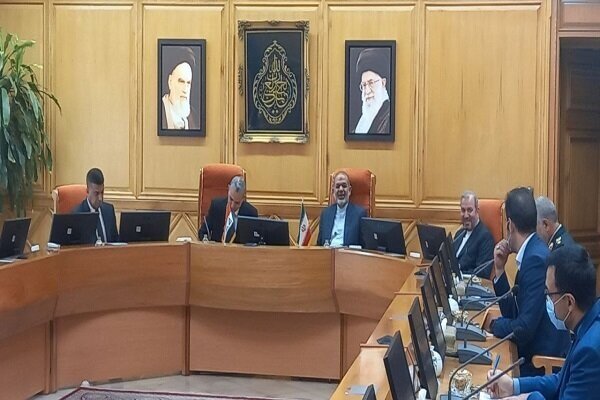
It was also in June that Iranian and Iraqi ministers of interior signed a Memorandum of Understanding (MoU) with a focus on organizing Arbaeen ceremonies.
The MoU was inked at the venue of the Iranian Ministry of Interior on Tuesday in the presence of Iranian Interior Minister Ahmad Vahidi and his Iraqi counterpart Othman al-Ghanmi.
Organizing Arbaeen ceremonies including health, accommodation, security, visa requirements, transit, and transportation were the main topics of the MoU discussed by the two sides.
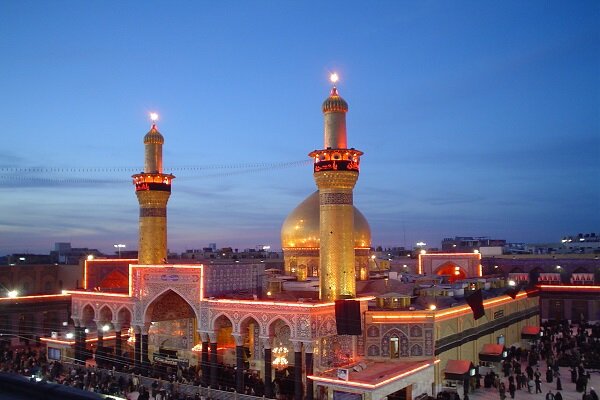
On June 18, 2022, the Head of Iran's Hajj and Pilgrimage Organization Hamidreza Mohammadi announced the reopening of the Karbala ground road without obtaining a travel visa for Iranian pilgrims.
Emphasizing the obtained permits to send 2,500 people on a daily journey to Iraq, Mohammadi said that due to the facilities and infrastructure available at the moment, the traffic of pilgrims of Shiite holy shrines in Iraq through the two borders of Shalamcheh and Mehran is possible.

The Arbaeen mourning ceremony is one of the largest religious gatherings in the world which marks the 40th day after the martyrdom anniversary of the grandson of Prophet Mohammad (PBUH), Imam Hussein (PBUH).
Every year, Pilgrims from all over the world in Karbala commemorate the anniversary of the 40th day of the martyrdom of the third Shia Imam Hussein bin Ali (PBUH).
Arbaeen of Imam Hussein (PBUH) is the 20th day of Safar in the Hijri Lunar calendar and the anniversary of the 40th day after the Battle of Karbala when Imam Hussein (PBUH) and his companions were martyred on the Day of Ashura, (Muharram 10, 61 AH/October 10, 680). It is reported that the Captives of the Battle of Karbala came to visit Imam Hussein in Karbala on Safar 20, 61/November 19, 680) on their return from Syria to Medina.
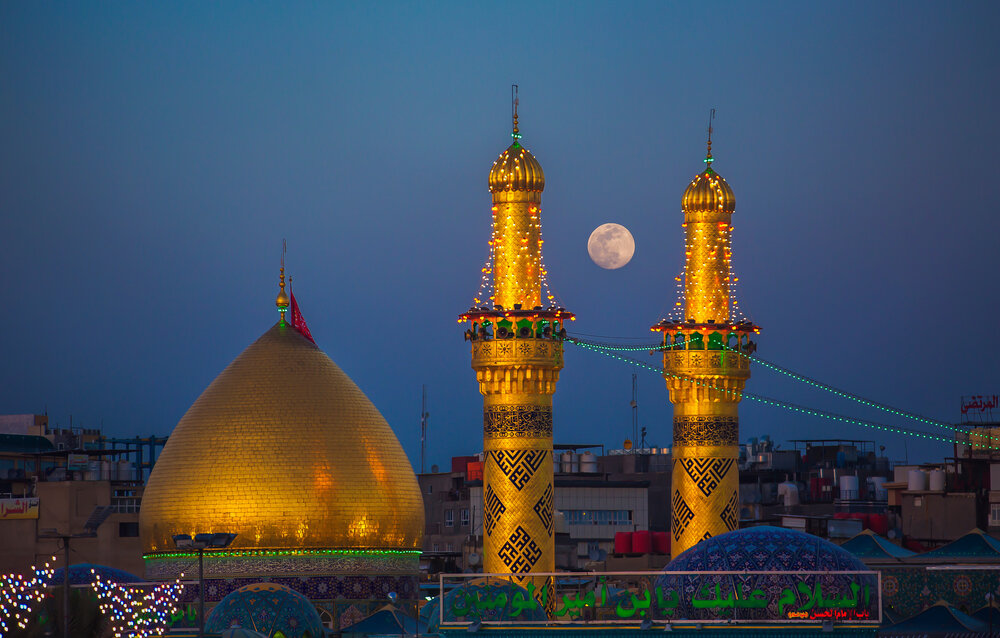
In a hadith from Imam al-Hasan al-'Askari (PBUH), ziyarah of Arba'in is considered among the sings of the faithful.
This day is a national holiday in Iran. Shia mourns on the day of Arbaeen and mourning groups rally on the streets. In recent years, the great procession of Shia who tries to arrive in Karbala on the day of Arbaeen has become one of the most important mourning ceremonies of Shia around the world and it has even turned into one of the largest religious processions on a global scale. Currently, the majority of foreign pilgrims in this procession are from Iran.
Compiled and translated by Amin Mohammadzadegan Khoyi


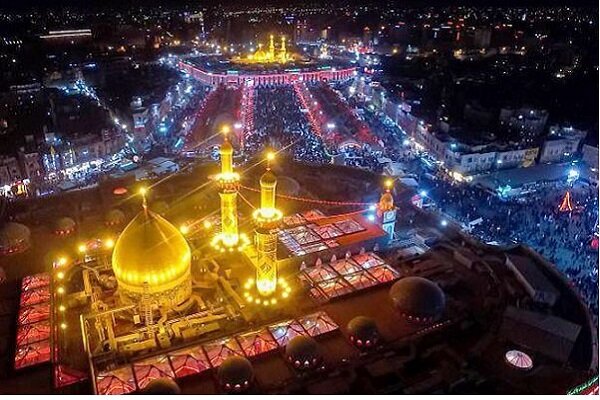






















Your Comment